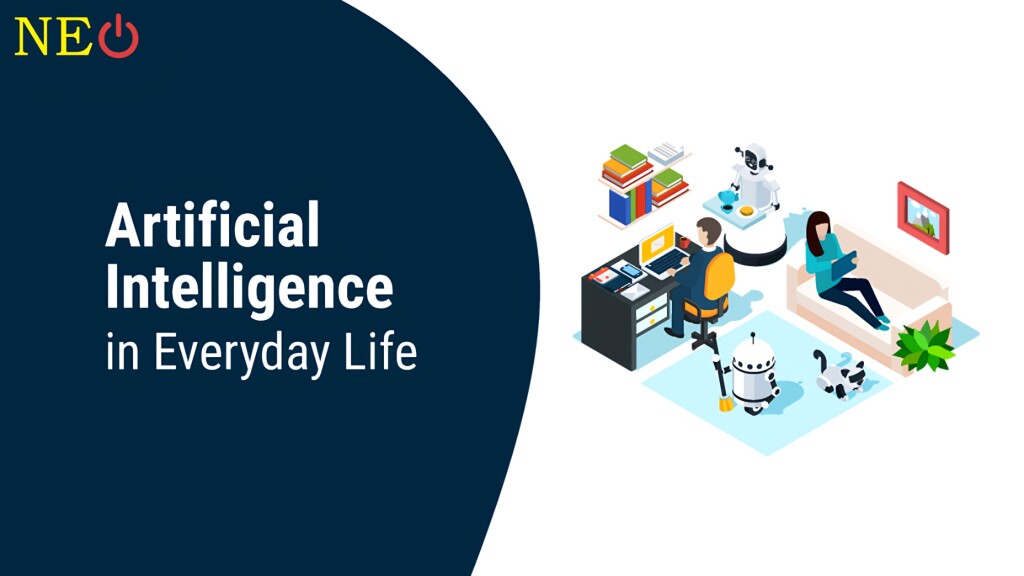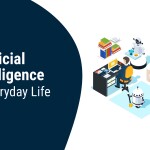Table of contents [Show]
- Introduction
- The Rise of AI and Automation
- AI in Daily Life
- Smart Homes
- Healthcare
- Automation in Daily Life
- Robotic Process Automation (RPA)
- Smart Appliances
- The Future of AI and Automation
- AI in Education
- Advanced Healthcare Applications
- Workplace Transformation
- Ethical Considerations and Challenges
- Conclusion
Introduction
Artificial Intelligence (AI) and automation are no longer concepts of the future—they are integral parts of our daily lives. From the way we work to how we entertain ourselves, AI and automation are continuously reshaping our world. This blog post explores the latest developments in AI and automation, their applications in everyday life, and the future potential of these transformative technologies.
The Rise of AI and Automation
Over the past decade, advancements in AI and automation have accelerated at an unprecedented pace. AI, which refers to machines' ability to mimic human intelligence, and automation, the use of technology to perform tasks with minimal human intervention, are now embedded in numerous aspects of our lives. These technologies are driven by sophisticated algorithms, machine learning, and vast amounts of data.
AI in Daily Life
Personal Assistants
Virtual personal assistants like Amazon's Alexa, Apple's Siri, and Google Assistant have become household staples. These AI-driven assistants help manage our schedules, control smart home devices, answer queries, and even order groceries. Their ability to understand and process natural language makes interacting with technology more intuitive and accessible.
Smart Homes
AI and automation are at the heart of smart home technology. Smart thermostats like Nest learn our preferences and adjust temperatures for energy efficiency. Automated lighting systems, such as Philips Hue, can be controlled via voice commands or smartphone apps, enhancing convenience and energy savings. Security systems equipped with AI, like Ring doorbells and Nest cameras, offer real-time surveillance and alerts, increasing home security.
Healthcare
AI is revolutionizing healthcare by improving diagnosis, treatment planning, and patient care. AI algorithms analyze medical images with high accuracy, assisting radiologists in detecting diseases such as cancer. Virtual health assistants provide medical advice, schedule appointments, and remind patients to take medications. Moreover, wearable devices like Fitbit and Apple Watch monitor vital signs and physical activity, promoting proactive health management.
Automation in Daily Life
Autonomous Vehicles
One of the most exciting developments in automation is the advent of autonomous vehicles. Companies like Tesla, Waymo, and Uber are testing self-driving cars that promise to reduce traffic accidents and increase mobility for those unable to drive. These vehicles use a combination of AI, sensors, and cameras to navigate and make real-time decisions, potentially transforming transportation as we know it.
Robotic Process Automation (RPA)
RPA is changing the landscape of work by automating repetitive and mundane tasks. In offices, software robots handle tasks like data entry, invoice processing, and customer service inquiries, freeing up employees to focus on more strategic activities. This not only increases efficiency but also reduces the chance of human error.
Smart Appliances
Modern households are filled with smart appliances that use AI and automation to simplify daily chores. Smart refrigerators monitor food inventory and suggest recipes based on available ingredients. Robotic vacuum cleaners, like Roomba, autonomously clean floors, while smart ovens and coffee makers can be controlled remotely, ensuring meals and beverages are ready when needed.
The Future of AI and Automation
The potential of AI and automation is boundless. Below are some emerging trends and future possibilities.
AI in Education
AI-powered educational tools are personalizing learning experiences. Adaptive learning platforms assess students' strengths and weaknesses, offering customized lessons and feedback. AI tutors provide additional support, making education more accessible and tailored to individual needs.
Advanced Healthcare Applications
Future advancements in AI could lead to more personalized medicine. AI algorithms will analyze genetic information and lifestyle data to create individualized treatment plans. Predictive analytics might foresee potential health issues before they arise, enabling preventative measures.
Workplace Transformation
AI and automation will retain to reshape the workplace. While some jobs may be displaced, new opportunities will emerge in fields such as AI development, data analysis, and machine maintenance. Continuous learning and adaptability will be crucial for the workforce of the future.
Ethical Considerations and Challenges
Despite the numerous benefits, AI and automation pose ethical and societal challenges. Concerns about privacy, security, and job displacement need to be addressed. Ensuring that AI systems are transparent, unbiased, and used responsibly is paramount.
Conclusion
Artificial Intelligence and automation are no longer futuristic concepts but essential components of modern life. They enhance convenience, improve efficiency, and open new possibilities across various domains. As these technologies continue to evolve, their impact will grow, offering even more transformative benefits. Embracing AI and automation, while addressing the associated challenges, will be key to harnessing their full potential and ensuring a better future for all.









